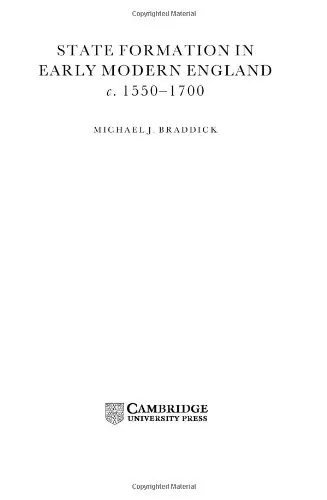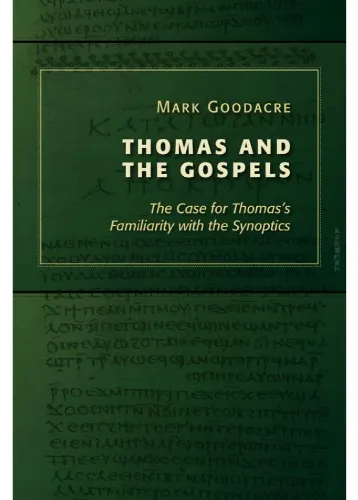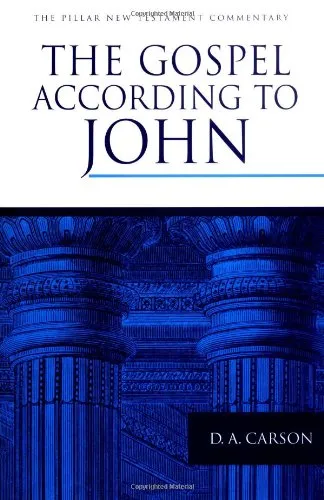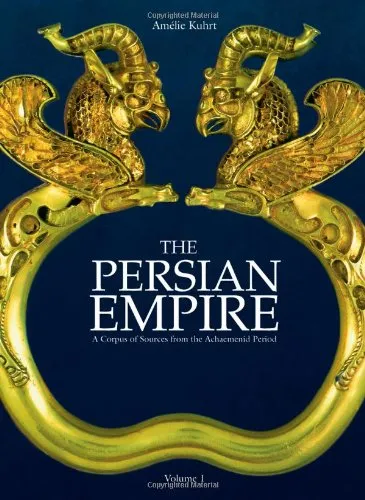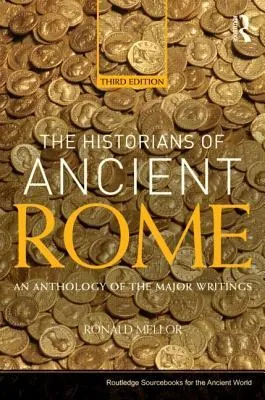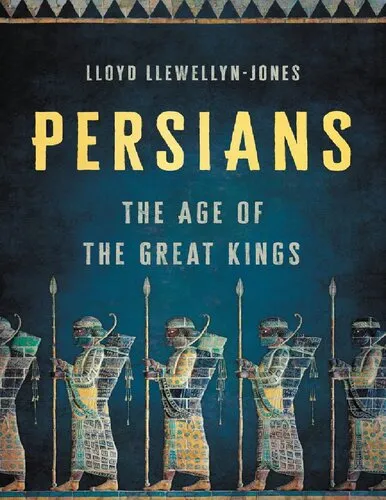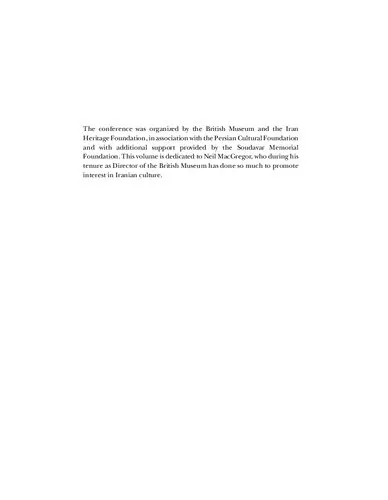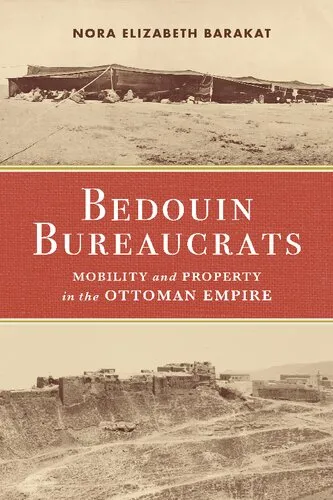State Formation in Early Modern England, c. 1550-1700
4.5
Reviews from our users

You Can Ask your questions from this book's AI after Login
Each download or ask from book AI costs 2 points. To earn more free points, please visit the Points Guide Page and complete some valuable actions.Related Refrences:
Welcome to the introduction of "State Formation in Early Modern England, c. 1550-1700," a pivotal scholarly work that delves into the intricate processes of state development during a transformative period in English history. This book offers a thorough exploration of political, social, and economic changes that shaped the modern state, providing insights into the mechanisms of governance and power.
Detailed Summary of the Book
In "State Formation in Early Modern England, c. 1550-1700," the core focus centers on understanding how different structures of authority and governance were crafted and contested over a century and a half. This period was marked by significant challenges and innovations, from the consolidation of the Tudor monarchy to the upheaval of the Civil War and the eventual restoration of the monarchy. The narrative delves into the complexities of power dynamics, exploring how local governance interplayed with central authority, the influence of fiscal and military pressures, and the role of legislative frameworks in creating a more integrated state apparatus.
The book meticulously examines various dimensions of state formation such as the influence of religious change on governance, the development of bureaucratic institutions, and the impact of economic shifts like the rise of capitalism and international trade. By dissecting these elements, the book paints a comprehensive picture of how England transitioned out of medieval political structures into a more modern state.
Key Takeaways
- Understanding the role of centralized power and local governance in the development of the English state.
- Examining the influence of economic factors, including trade and capitalism, on state structures.
- Analyzing the impact of religious upheaval, especially during the Reformation and the subsequent religious tensions.
- Recognizing the significance of military conflicts and fiscal policies in strengthening state capacity.
- Exploring the development of institutional bureaucracy as a cornerstone of modern governance.
Famous Quotes from the Book
"The state's formation is not a tale of inevitable progress but a history of contested power and negotiated control."
"It was through the marriage of local interests and central power that the English state found its most resilient form."
Why This Book Matters
This book is an essential read for historians, political scientists, and anyone interested in the historical underpinnings of modern governance. It offers a deep dive into the forces that have historically molded political structures, providing a lens through which current state practices can be better understood. By unraveling the complex threads of early modern state formation, this work not only enhances our comprehension of English history but also sheds light on broader themes of governmental evolution and resilience.
Furthermore, the book’s analytical approach provides a robust framework for academic exploration and debate, ensuring its place as a foundational text in the study of political history. The meticulous research and insightful interpretations offer a valuable perspective that enriches our understanding of how early modern societies transformed into the complex states we recognize today.
Free Direct Download
You Can Download this book after Login
Accessing books through legal platforms and public libraries not only supports the rights of authors and publishers but also contributes to the sustainability of reading culture. Before downloading, please take a moment to consider these options.
Find this book on other platforms:
WorldCat helps you find books in libraries worldwide.
See ratings, reviews, and discussions on Goodreads.
Find and buy rare or used books on AbeBooks.
1466
بازدید4.5
امتیاز0
نظر98%
رضایتReviews:
4.5
Based on 0 users review
Questions & Answers
Ask questions about this book or help others by answering
No questions yet. Be the first to ask!
